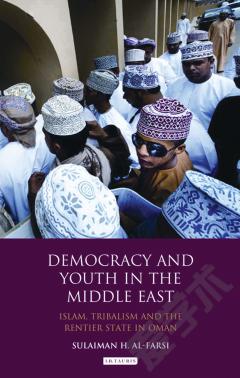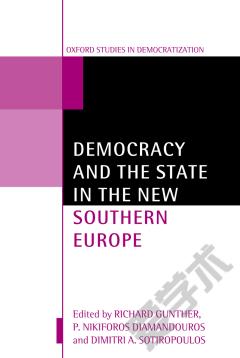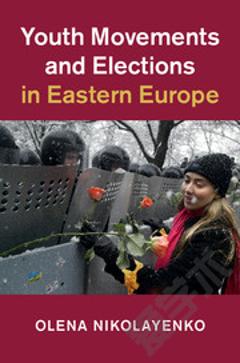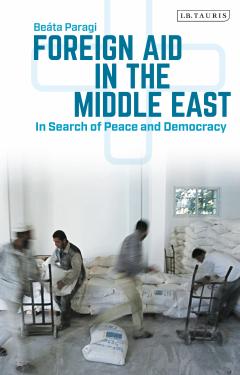Democracy and Youth in the Middle East
The leaders of the oil-rich rentier states of the Middle East, and in particular in the Gulf, have hitherto often predicated their legitimacy on a tacit social contract with their (much poorer) populationcontract consists of little or no direct taxation, with some sort of subsidised living. But the casualty of this tacit agreement is often political participation, an issue which hforefront in the Middle East following the 'Arab Spring' of 2011. Here, Sulaiman Al-Farsi looks at the impact the rentier nature of thas on political participation, focusing on the nexus between tribe, religion and a new generation of young, highly educated citizens that is present in Oman. Specifically exploring the concept of shura (consultation), and how nascent concepts of democracy in the practice of shura have impacted and shaped the process of democratisation, Al-Farsi's book is vital in the examination of the political discourse surrounding democratisation across one of the most strategically important, but little understood states in the Middle East.
{{comment.content}}








 京公网安备 11010802027623号
京公网安备 11010802027623号